8 Popular Games That Have Become Hits Internationally
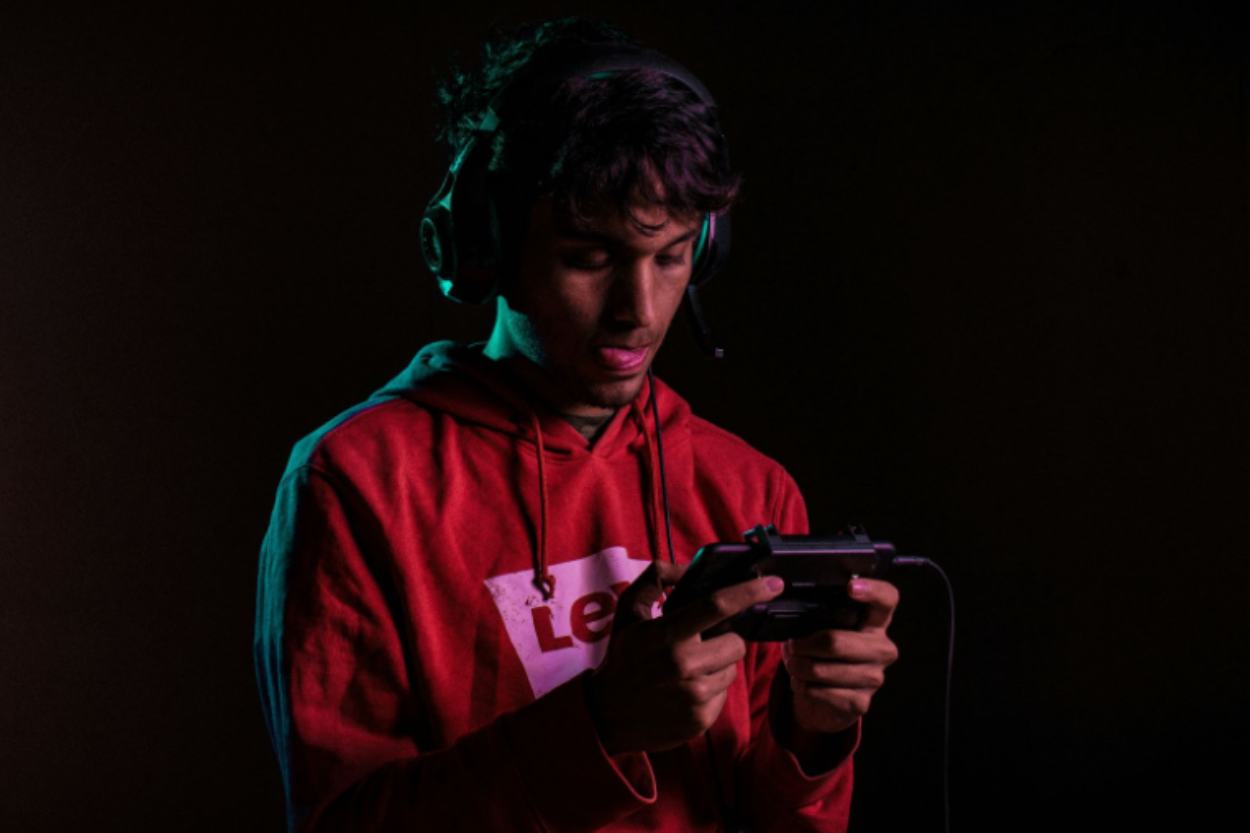
Some games rise above their home markets and become worldwide phenomena. They’re not just entertainment; they become culture — recognized by both gamers and non-gamers, children and adults alike.
Below, we explore eight of the most popular games that have crossed generations and borders, with insights from gaming experts, developers, and cultural analysts.
1. Minecraft

Infinite Sandbox
In Minecraft, players can build anything they imagine — castles, computers, roller coasters, and even fully functioning towns. Game designer Markus “Notch” Persson created it as a creative sandbox, but over time, it became a digital playground for imagination.
Game researcher Jane McGonigal, author of Reality Is Broken, noted that “when a game allows people to express creativity without limits, it naturally becomes a form of shared culture.” That’s precisely what Minecraft achieved.
Why It Became a Worldwide Success
- Simple graphics and easy gameplay that appeal to all ages
- Creative freedom: players can build, explore, and survive
- Cross-platform play (PC, console, mobile)
- Massive community and YouTube exposure through creators like PewDiePie, Dream, and DanTDM
Quick Facts
| Feature | Detail |
|---|---|
| Release Year | 2011 |
| Estimated Copies Sold | Over 325 million |
| Monthly Active Players | 190+ million |
| Suitable For | All ages; creative and educational use |
Expert Insight
Game scholar Ian Bogost calls Minecraft “the Lego of the digital world” — it turns play into a learning tool. Many schools now use Minecraft: Education Edition to teach geometry, teamwork, and programming.
Practical Tip
If you’re new, start in Creative Mode. Parents can use it as a safe introduction to technology and design thinking for children.
2. PUBG: Battlegrounds
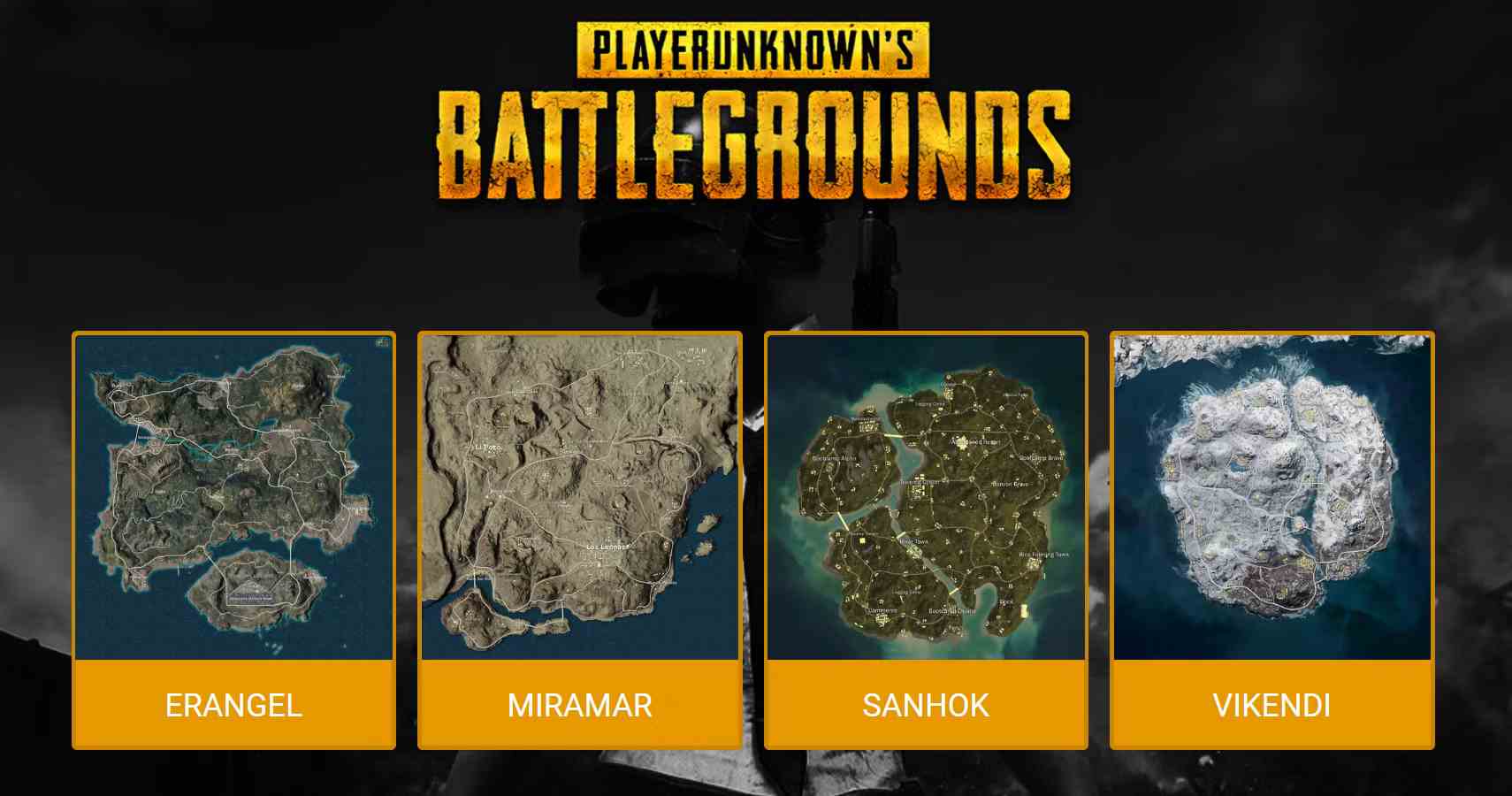
Game That Started a Revolution
When PUBG: Battlegrounds arrived in 2017, it redefined multiplayer gaming by introducing the battle royale format to the mainstream.
One hundred players drop onto an island. Only one survives. The tension, simplicity, and Thrill made it an instant hit.
Why It Became a Global Sensation
- Introduced the “last-man-standing” gameplay trend
- Free-to-play versions made it accessible
- Mobile compatibility expanded reach to developing countries
- Spectacular on streaming platforms and esports tournaments
Game critic Jeff Grubb describes PUBG as “a social experience disguised as survival — the real hook is not winning, but sharing the tension with others.”
Stats and Impact
| Metric | Approximate Data |
|---|---|
| Global Players (all platforms) | 1 billion+ downloads (including mobile) |
| Daily Active Users | 25+ million (mobile) |
| Peak PC Players (Steam) | 3 million concurrent users |
Expert View
According to Esports Observer, the success of PUBG “opened the floodgates” for competitors like Fortnite and Apex Legends. Game designer Brendan Greene said, “We just wanted to create an unpredictable game — the kind where every match feels like a story.”
Practical Tip
New players should focus on map awareness, not just shooting skill. Staying inside the safe zone and listening for footsteps often matters more than quick reflexes.
3. Super Mario (Franchise)
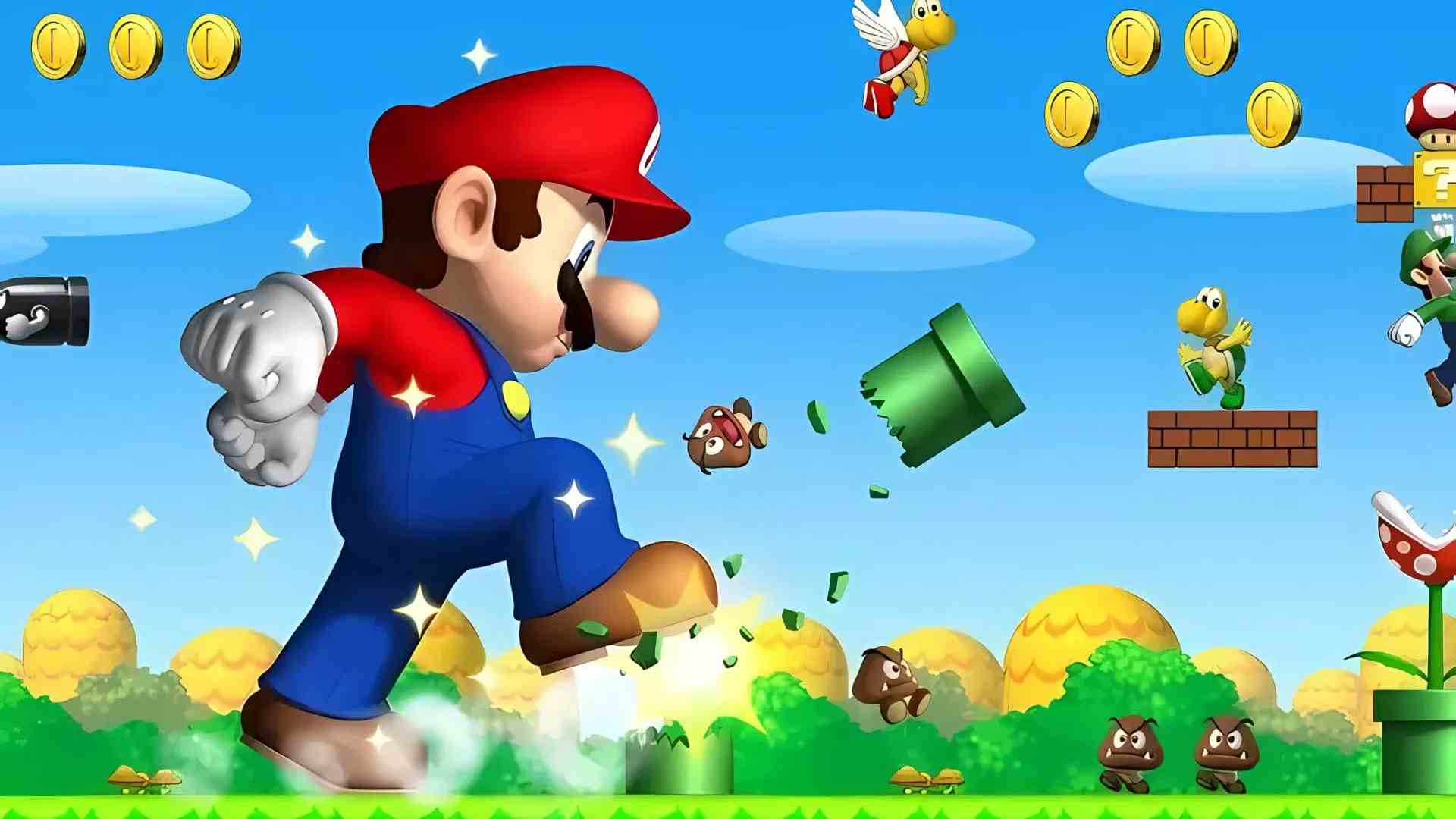
Icon of Gaming
Few characters are as universally recognized as Mario, Nintendo’s mustachioed plumber. Since Super Mario Bros. debuted in 1985, the franchise has sold hundreds of millions of copies and remains a symbol of pure, family-friendly fun.
Why It’s Still Loved Worldwide
- Simple, joyful platforming gameplay
- Nostalgia for multiple generations
- Easily accessible controls
- Charming visuals and timeless music
Nintendo creator Shigeru Miyamoto said, “We don’t make games to be realistic. We make games that make people smile.” That philosophy explains Mario’s lasting success.
Quick Look
| Category | Description |
|---|---|
| First Release | 1985 |
| Approx. Sales | Over 420 million units (franchise total) |
| Platform Availability | Nintendo consoles, handhelds, mobile |
| Best For | Families, kids, and nostalgic adults |
Expert Opinion
Gaming historian Steven Kent, author of The Ultimate History of Video Games, describes Mario as “the Mickey Mouse of the modern world — an instantly recognized symbol of fun.”
Practical Tip
If you’re introducing children to gaming, Super Mario Odyssey or Super Mario Wonder are ideal starting points. They teach patience, timing, and creativity in a non-violent setting.
4. Tetris

Puzzle that Captivated the World
Designed in 1984 by Alexey Pajitnov, Tetris became one of the most straightforward yet most addictive games ever made. The objective — fitting falling blocks to clear lines — is universally understood, transcending language and culture.
Why It’s Universally Popular
- Quick to learn, challenging to master
- Can run on any device, from Game Boy to smartphones
- No language barrier — purely visual gameplay
- Great for short bursts of play
Easy to learn, hard to master. That describes Tetris quite well. The BBC has gone so far as to call it the perfect video game!
Core Stats
| Feature | Details |
|---|---|
| Release | 1984 |
| Estimated Players | Over 500 million lifetime |
| Platforms | Virtually all, including mobile |
| Cultural Status | Considered “the perfect game” by BBC Technology |
Expert Quote
Game designer Will Wright (The Sims) said, “Tetris taught me that the most elegant games are those where the rules are simple, but the mastery is endless.”
Practical Tip
Use Tetris as a mental refresh. It’s great for stress relief — play a few short rounds rather than long sessions to keep your focus sharp.
5. Pokémon

Catch ‘Em All — A Global Adventure
Starting in Japan in 1996, Pokémon became an empire spanning games, TV shows, cards, movies, and collectibles. Its theme of exploration, friendship, and collection struck a universal chord.
Why It Became a Global Hit
- Cross-media appeal (anime, cards, games, toys)
- Nostalgic for adults, fresh for new generations
- Frequent updates and new creatures
- Encourages exploration and social play
As cultural researcher Dr. Casey Brienza notes, “Pokémon succeeded by blending play with identity — every player builds their own personal world of companions.”
Core Data
| Category | Detail |
|---|---|
| First Release | 1996 |
| Total Games Sold | Over 480 million |
| Pokémon Species | 1,000+ across generations |
| Best For | Kids, families, collectors |
Expert Commentary
Game theorist Jesper Juul explains that Pokémon “balances competition and cooperation — players battle each other, but also trade and share.”
That balance makes it appealing to both casual and competitive players.
Practical Tip
Start with newer titles like Pokémon Scarlet/Violet on the Nintendo Switch for modern features, or mobile game Pokémon GO for outdoor, social fun.
6. Candy Crush Saga
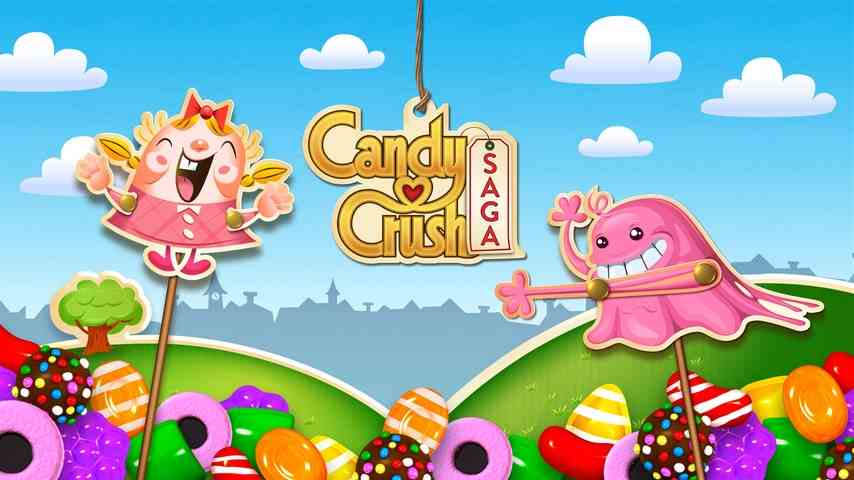
A Casual Phenomenon
Released in 2012 by King, Candy Crush Saga transformed mobile gaming. It took a simple “match-three” concept and layered it with bright visuals, smooth animations, and satisfying feedback.
Why It’s Universally Loved
- Quick levels — perfect for short sessions
- Free to play; easy to start
- Social competition via Facebook and leaderboards
- Regular updates and events keep it fresh
Behavioral psychologist Dr. Karen Douglas observed that “games like Candy Crush tap into micro-reward loops — small wins that keep players motivated and happy.”
Fast Facts
| Feature | Details |
|---|---|
| Release Year | 2012 |
| Total Downloads | 3.5 billion+ |
| Monthly Users | 250 million+ |
| Revenue | $20 billion+ lifetime |
Expert Note
Mobile analyst Ben Thompson commented, “Candy Crush succeeded because it was gaming without the intimidation factor. Anyone could understand it within seconds.”
Practical Tip
Set a time limit before playing. Its “just one more level” appeal can easily lead to long play sessions. Use built-in app timers to keep it a fun, casual experience.
7. League of Legends
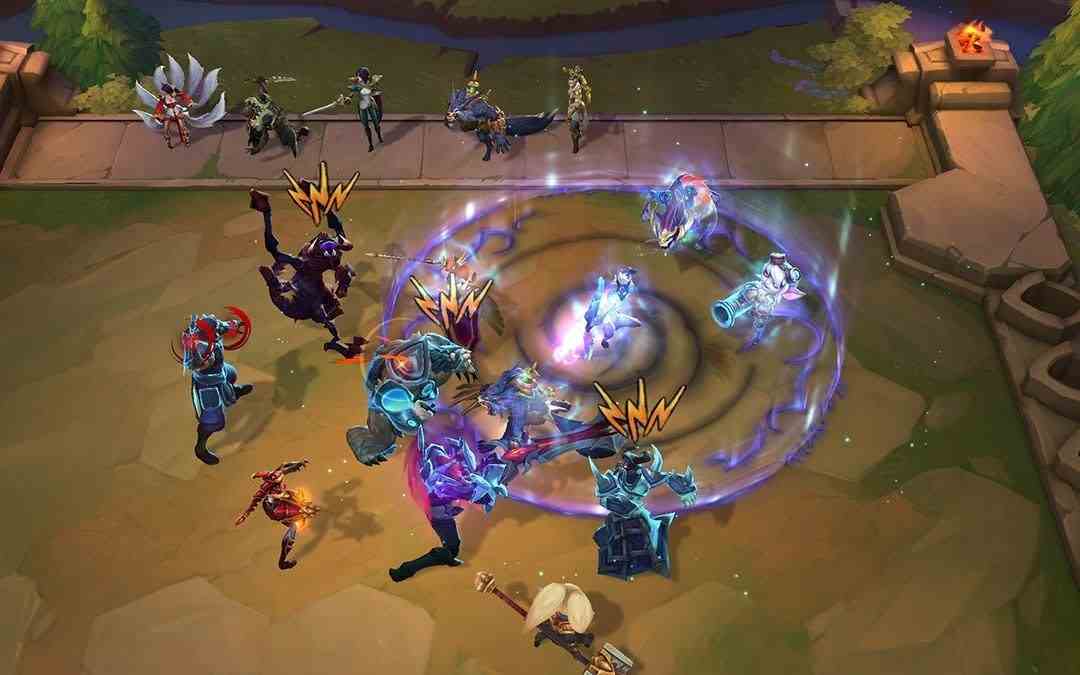
King of Competitive Esports
Since its 2009 launch, League of Legends (LoL) by Riot Games has dominated the multiplayer online battle arena (MOBA) genre.
It combines strategy, skill, teamwork, and constant updates — the perfect mix for both casual and professional players.
Why It’s a Global Powerhouse
- Free-to-play with deep competitive systems
- Huge esports ecosystem with tournaments and global leagues
- Constant updates, new champions, and story arcs
- Community involvement through fan art, lore, and events
Esports journalist Travis Gafford calls LoL “the most influential esport of all time — it built a global audience that watches, not just plays.”
At a Glance
| Feature | Description |
|---|---|
| Release | 2009 |
| Monthly Players | 120–135 million |
| Competitive Leagues | 12+ official regional leagues |
| Esports Prize Pool | Over $100 million total since launch |
Expert Perspective
In Play to Win, author David Sirlin writes, “The best games reward knowledge, not luck.” LoL embodies that: deep systems, endless learning, and true competitive merit.
Practical Tip
Start with the tutorial and beginner bots before facing live players. Focus on learning one or two champions first. Watching professional matches can help you understand team coordination and map control.
8. Casino and Card Games
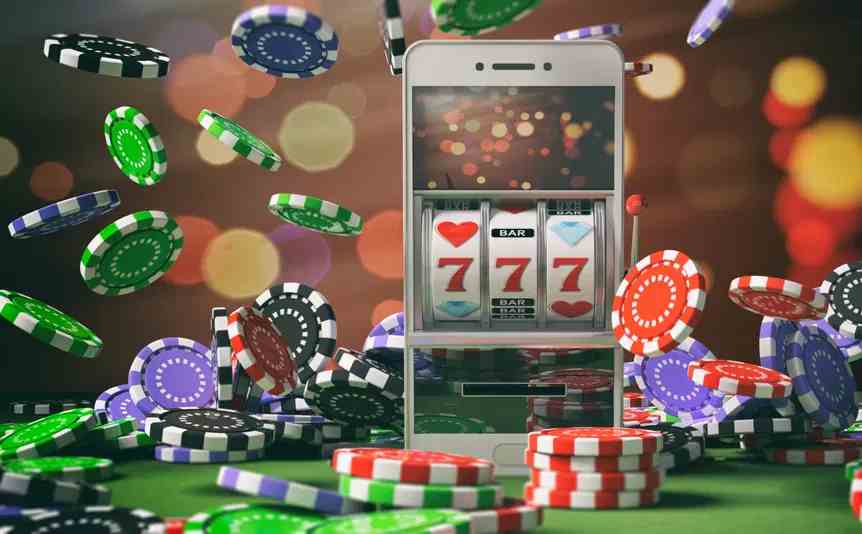
Games of Chance in the Digital Age
Casino-style games — from blackjack and poker to roulette and slots — have existed for centuries.
In the digital era, they’ve evolved into one of the most accessible and entertaining forms of gaming worldwide. The mix of excitement, color, and unpredictability continues to attract millions of players every day.
Why They’re So Popular
Casino games thrive because they combine simplicity, social interaction, and a wide variety of options. The rules are easy to understand, and luck plays a significant role — meaning even beginners can enjoy a fair shot at winning. Whether it’s the fast pace of slot machines or the strategic element of poker, each game offers a unique thrill.
Another primary reason for their popularity is accessibility. Today, players can join online platforms from anywhere and at any time. There are trusted casino sites for Australians that feature thousands of slot titles, live dealer games, and local payment options designed for regional convenience. Similarly, there are regulated casinos in U.S. states where iGaming is legal, as well as numerous European casinos, many of which are licensed in Malta.
International platforms also cater to global audiences, letting players enjoy casino games directly from their browsers or through mobile apps.
Key Insights
| Type | Key Feature | Global Appeal |
|---|---|---|
| Slots | Visual variety, no skill barrier | Relaxed entertainment |
| Blackjack | Mix of luck and strategy | Appeals to thinkers |
| Poker | Psychological depth | Social and competitive |
| Roulette | Pure chance | Thrill of unpredictability |
Expert View
Cultural analyst Dr. Natasha Dow Schüll, author of Addiction by Design, warns that these games must be enjoyed responsibly: “Their design aims for immersion — the responsibility is to maintain balance.”
Practical Tip
Set a spending or time limit. Treat casino-style gaming as entertainment, not a source of income.
If real money is involved, always check the legal age and regulations in your country.
Conclusion
The games above have more in common than fame — they connect people.
Whether it’s building in Minecraft, surviving in PUBG, matching candies, or catching Pokémon, these games foster creativity, teamwork, and shared stories.
They prove that the biggest hits aren’t always the most realistic or expensive — they’re the ones that make us feel something simple and universal: fun.
Accessible, engaging, and social are the ingredients for timeless global success.
Disclaimer & References
Disclaimer:
This article is for educational and informational purposes only. All data and insights are based on publicly available statistics, developer statements, and credible publications as of 2025. Player numbers and financial figures are approximate estimates.
Responsible Gaming Notice:
If you play games that involve real-money mechanics or require long online sessions, play responsibly. Take breaks, manage your time effectively, and ensure compliance with the legal requirements in your region.
Selected References and Expert Works Consulted:
- McGonigal, J. (2011). Reality Is Broken: Why Games Make Us Better and How They Can Change the World.
- Koster, R. (2013). A Theory of Fun for Game Design.
- Kent, S. (2020). The Ultimate History of Video Games.
- Schüll, N. D. (2014). Addiction by Design.
- Griffiths, M. (2018). The Psychology of Gambling.
- Interviews: Shigeru Miyamoto (Nintendo), Brendan Greene (PUBG), Will Wright (The Sims)
- BBC Technology & Esports Observer analyses (2024–2025)
